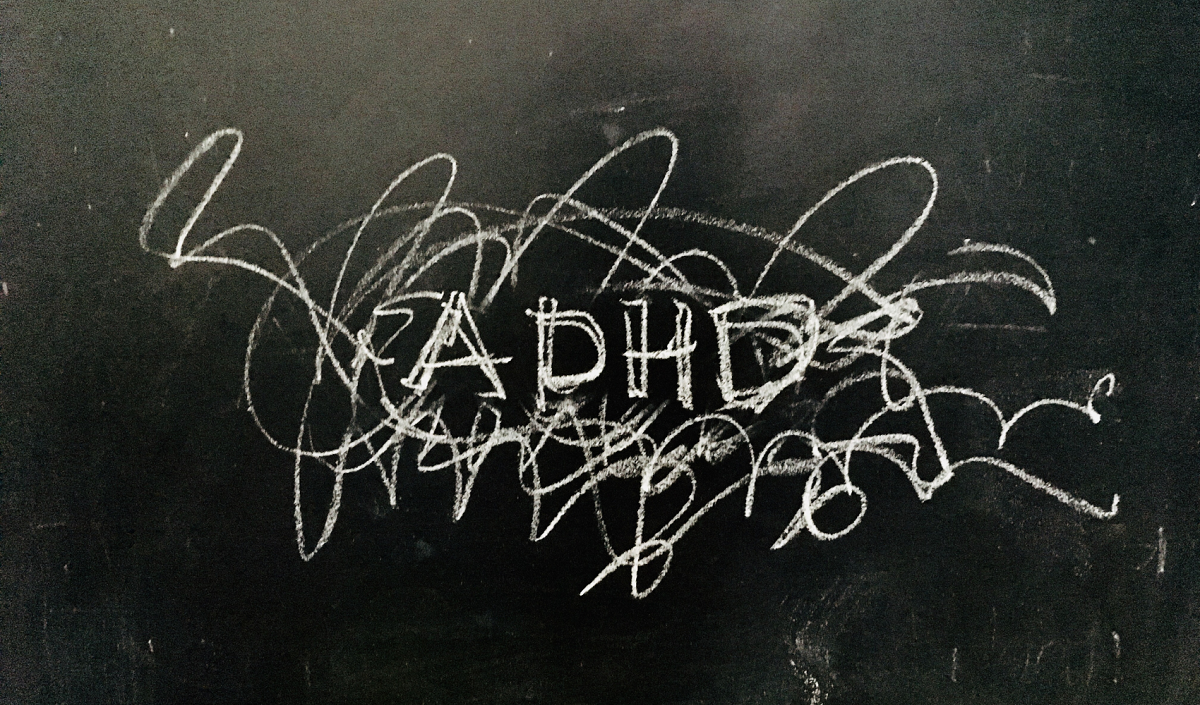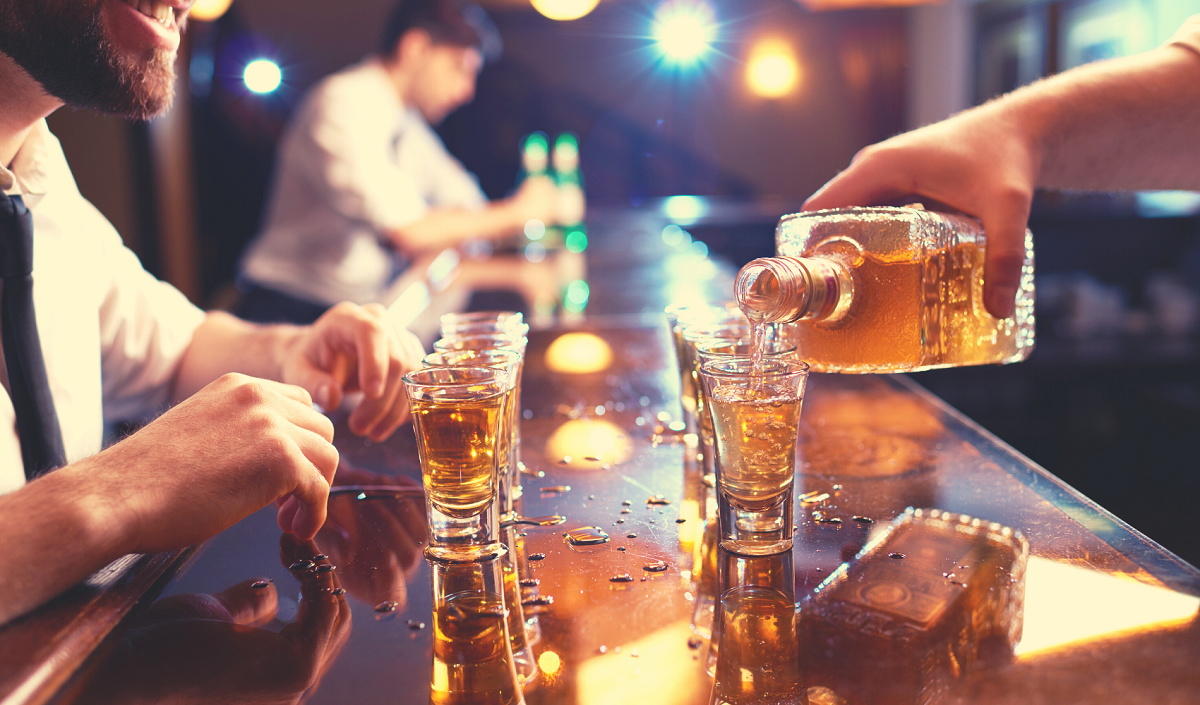The use of alcohol is often a normal part of daily life, but it can pose increased risks for individuals with certain neurological conditions, such as attention deficit hyperactivity disorder (ADHD). Studies show that people with ADHD might be more likely to become addicted to alcohol because it affects their brains differently. We aim to explore the link between ADHD and alcohol use, shedding light on the potential risks and consequences for those affected by the disorder.
The Connection Between ADHD and Alcohol Consumption
Recent studies have found a significant connection between attention deficit hyperactivity disorder (ADHD) and the risk of developing alcohol use disorder (AUD).1 ADHD is a common mental health condition that affects approximately 4% of adults and 8.4% of children in the United States.
Research has found that adults and children with ADHD are at a higher risk of developing alcohol use disorder compared to those without ADHD. Studies estimate that over 15%2 of adults with ADHD meet the criteria for alcohol use disorder.
Individuals diagnosed with ADHD may use alcohol to:
- Self-medicate
- Increase their risk-taking tendency
- Cope with social/environmental pressures
Alcohol can interfere with the effectiveness of ADHD treatment and medication, making it more challenging to manage symptoms. Alcohol use can also lead to sleep disturbances, which can worsen ADHD symptoms such as inattention and hyperactivity.
The Role of Impulsivity
Both ADHD and alcohol use are related to impulsive behavior. In ADHD, impulsivity is one of the main symptoms. This causes problems in the individual’s school, work, and social life.
Impulsivity can also affect your ability to make the right decisions when it comes to drinking habits. You may not consider the potential consequences of your actions, and this can lead to excessive or risky drinking. For example, an impulsive person will continue to drink alcohol even when they know they have to drive, or they may drink excessively without considering the risks to their health.
Impulsivity can also make it harder for people to resist social pressure to drink alcoholic beverages, even if they don’t want to. In situations where others are drinking or encouraging heavy drinking, an impulsive person may be more likely to go along with the crowd without considering the potential consequences.
Impulsivity and ADHD
Impulsivity can make it harder for you to follow through with treatment plans like taking your medication consistently or attending therapy sessions.
It can also interfere with the therapeutic process, as you may struggle to focus, follow instructions, or stay engaged in the treatment process. It is important to choose a treatment facility that includes strategies to help you manage your impulsivity, such as mindfulness training, cognitive-behavioral therapy, or organizational skills training.
Impulsivity and Alcohol Use Disorder (AUD)
Impulsivity can make it difficult for individuals to abstain from alcohol and maintain their recovery. This can lead to relapse, as you may engage in excessive drinking or fail to implement coping strategies when you are triggered to drink.
For this reason, treatment centers include strategies to help you manage impulsive urges through cognitive-behavioral therapy or relapse prevention.
Treatment for Individuals with ADHD and Alcohol Use Disorder
Medication and behavioral therapies are two common treatment options for both ADHD and alcohol use disorder.
ADHD
Medication can be effective in reducing symptoms of ADHD such as:
- Impulsivity
- Hyperactivity
- Inattention
The most common stimulant medications prescribed to treat ADHD are:
- Methylphenidate (Ritalin)
- Amphetamine (Adderall)
It is important to note that medication should always be used in conjunction with behavioral therapies, such as cognitive-behavioral therapy (CBT) or organizational skills training, to address the underlying issues associated with ADHD.
Alcohol Use Disorder (AUD)
Treatment programs include medication to assist with reducing alcohol cravings and withdrawal symptoms.
The following medications have proven to help individuals stay sober and avoid relapse:
- Naltrexone
- Acamprosate
- Disulfiram
However, medication alone is not enough to treat alcohol use disorder. AUD treatment programs will include behavioral therapies such as cognitive-behavioral therapy (CBT) and contingency management. These therapies can help individuals learn coping skills, address underlying psychological issues, and develop strategies for avoiding relapse.
Challenges in Treatment and Support
Many people with mental health and substance use disorders feel embarrassed or ashamed and may not want to ask for help or tell others about their problems. This makes it hard for them to get the help they need. They may feel more alone and their symptoms may get worse.
It can also be hard for doctors to tell if someone has both ADHD and alcohol use disorder because the symptoms are similar, and treating one problem might make the other one worse or lead to additional health problems.
How Newport Beach Recovery Center Helps
If you or someone you know is struggling with mental health or substance use disorders, know that there is help available. Newport Beach Recovery Center offers top-tier luxury treatment services for those seeking support and healing. You deserve the best care possible, and Newport Beach Recovery Center can provide that for you.
Take the first step toward a healthier and happier life today by reaching out to Newport Beach Recovery Center. Don’t wait any longer to get the support you need and deserve. Contact Newport Beach Recovery Center now and begin your journey toward a brighter future.
Sources:
- https://www.ncbi.nlm.nih.gov/pmc/articles/PMC2680082/
- https://www.ncbi.nlm.nih.gov/pmc/articles/PMC6683828/




